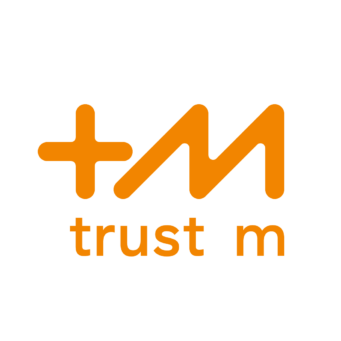By Frida Alizadeh Westerling
It has already been several years since the first version of the DEDA tool was launched. In September the Data School at Utrecht University hosted its first international seminar to discuss how people are using DEDA for research, societal impact, and education. DEDA stands for Data Ethics Decision Aid and helps teams to make decisions concerning ethical objections and legal aspects in data related projects.
So, for one dinner and a day in September it was time to meet up and share experiences with DEDA. Me and Lucy Truong working in Trust-M have been facilitating two DEDA workshops with professionals working at the city of Espoo for developing a service tool using AI. At the seminar we were sharing our observations around engaging stakeholders before and during the DEDA workshop. The seminar gave a lot of insights into the practicalities around using DEDA. But it also teased out ideas on how to use the tool in different settings for various purposes. In this blogpost, I will share a couple of insights from the discussions we had in Utrecht.
Ethics as a moving target
Unlike many impact assessment tools, the DEDA tool should be understood as a tool to gather a diverse group of people around the table and to help reflect on how values and practice are aligned. So firstly, the key is in the diversity of people participating in the workshop. Secondly, making ethical, but also legally compliant decisions around the use of technology work is a continuous and collective process. One doesn’t get an ‘ethics stamp’ or certificate for using it. The work is a continuous process. This is worth being repeated. Anna-Kaisa Kaila brought up the importance in understanding ethics as a moving target. This means also that the tool itself is not static but a work in progress. Iterations to the tool are made to capture missing points. For example the Finnish version has added a topic on the engagement of citizens/end-users to the workshop.
Perspective-taking
When bringing different people around the table (such as privacy officers, strategists, service designers, data analysts etc.), understanding each other can be really tricky. This is something we in Trust-M are struggling with. This leads us to the role of educational institutions in. As good governance today requires more interdisciplinary and interprofessional work, how can we prepare students for this type of work? Here tools like DEDA can be of great help. DEDA has been used in the classroom as simulation practices in courses related to for example data ethics or digital equality. Hanna Myllyniemi shared the ways in which the DEDA has been used in the classroom to enhance perspective-taking. This led to a discussion on the potential use of DEDA as a collaborative learning opportunity for students from different study programs. Wouldn’t it be great to for example bring master students from data science, law and humanities together to discuss data related projects!
Conclusion – responding to societal changes
The discussions during the seminar were refreshingly practical while also teasing out more conceptual ideas on the future working around DEDA. New iterations of DEDA will continue to come – both as new language versions are adding their tweaks to it, but also from the Data School itself. With climate change and new technology regulations popping up it will be interesting to see how the DEDA will develop in response to these societal and regulatory changes. With the EU’s new regulation on the use of AI (the AI Act) coming into force, tools like DEDA will perhaps become an even more attractive tool for organisations and businesses. But also national oversight bodies are showing an interest in DEDA and FRAIA (Fundamental Rights and Algorithms Impact Assessment), as Iris Muis mentioned. It is nevertheless a tool that helps clarify responsibilities, and document and communicate the deliberations around whether and how to use certain technologies.
Link to the English version of DEDA: https://deda.dataschool.nl/en/
Link to the Finnish version of DEDA: https://www.repair-research.fi/deda
